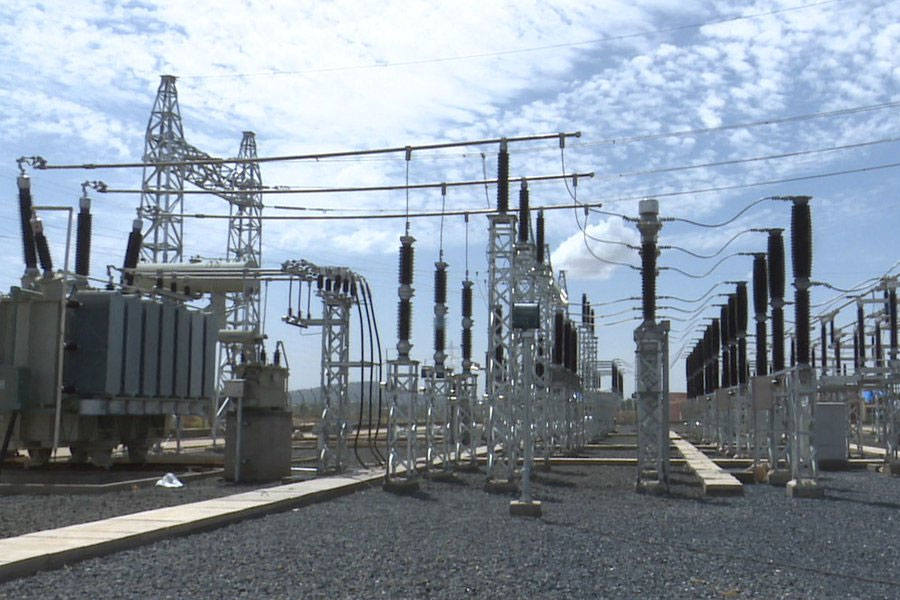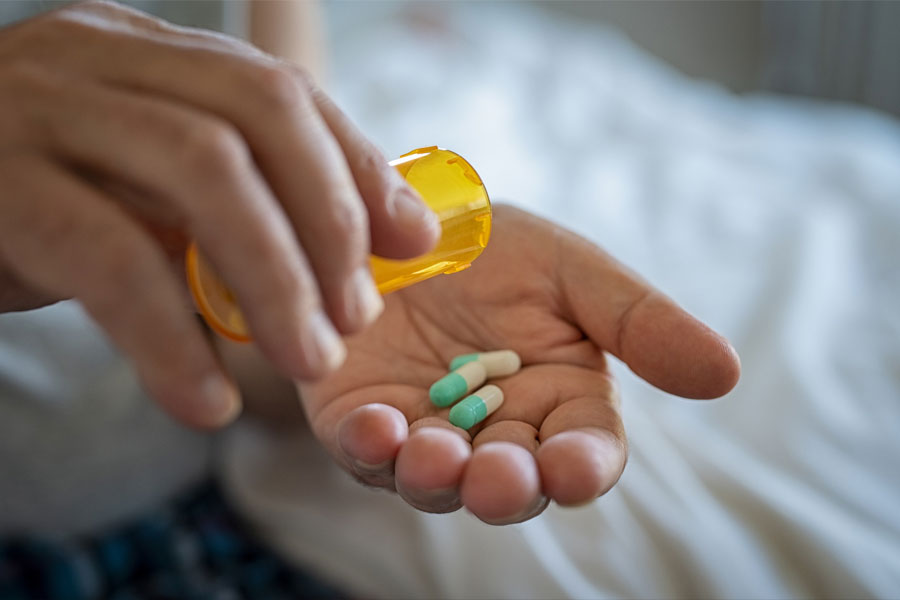
Viewpoints | Mar 26,2022
Dec 7 , 2019
Various UN-affiliated institutions are running a campaign to start a conversation about sexual abuse. This year the topic of conversation is: "Generation Equality Stands Against Rape." This campaign does not only encourage citizens at an individual level, it is also a call to action for an entire generation. The sexual abuse that is perpetrated by family members is particularly offensive and hard to fight because it is usually covered up, writes HANNA HAILE.
He was her cousin, not a stranger but someone she had grown up with. He sexually assaulted her for months. These incidents, she confides, continue to affect her intimate relationships. This is a story of survival she has shared with friends and never uttered in the presence of family. Sexual harassment in Ethiopia is often veiled in shame. The truth is many are hiding behind closed doors, suffering in silence.
While this is nothing new to Ethiopia, as thousands fall victim each year, she was someone I knew. Statistics do not come to mind when coming face to face with a person narrating her own terrible story that changed her life.
Internationally spearheaded by various UN-affiliated institutions, Orange the World is a campaign for 16 days of activism against violence toward women. This activism, beginning on November 25 and ending December 10, features a different theme each year. This year the topic of conversation is: "Generation Equality Stands Against Rape." This campaign does not only encourage citizens at an individual level, it is also a call to action for an entire generation.
There are many misconceptions regarding rape and rape culture within Ethiopian communities. There are too many blurry lines around what consent means and how we teach it. While the dominant "no means no" argument is there, usually it is quickly followed by a statement tarring the victim. Most of the time questions that try to discredit the victim are too quick to spread.
According to World Bank data on gender-based violence that was updated in September 2019, globally one in three women experience gender-based violence within their lifetime. Even today this narrative has not changed as victims of sexual assault are meant to carry the weight of injustice from all sides of a world failing them. It is hard to deny that this is not a world that is friendly to women and girls.
The due process of law when it comes to reporting, providing evidence and standing in court is highly flawed. Our culture is very traditional, unwilling to see the injustice that it lets fester simply to uphold certain narratives. Anyone that challenges that by coming forward with the truth is punished one way or another.
Yellow Movement is a grassroots Ethiopian women’s rights activist group born at Addis Abeba University by students from the law school. This movement uses international campaigns like Orange the World to help Ethiopian voices be heard. Yellow Movement is running a visual social media campaign for this occasion. The various images matched with snappy messages are being shared throughout social media, garnering significant visibility. Yet those who share and chime into the conversations are those who do not need further convincing.
Campaigns such as this and those run on March 8 oftentimes fall on the ears of the already converted. The social media algorithms also prevent these images and conversations from reaching the necessary masses. In popular humor pages, there is evident content on rape and humiliation of women, which is up for the public's view.
Recently, I saw a promotion for a Facebook page which takes sexually -explicit photos of Ethiopian women. These images, which were clearly captured without the consent of the women, were the beginning of a much deep-seated evolution of new age abuse. After I reported the illegal page, Facebook simply got back to me, stating it was not explicit enough. This page was re-writing what consent in a technological age was. This was not the first or last time something like this happens in the Ethiopian online community.
While the online community expands the conversations around rape and consent, these initiatives must not only be taken on by feminist movements in Addis and their allies. This conversation is a day by day, year after year topic worth speaking about. We live in a highly masculinised country, where young boys are learning to be men from toxic ideologies: men as protectors of women’s virtue, giving them the power to take it as well. Concepts of consent are not as gray as some would like us to believe. It is in reality very black and white. Intimate relationships should be enjoyed by both men and women. The act of rape or sexual abuse can happen to both men and women. While rape remains underreported to this day, the bravery of those who step forward should not come at a cost to them.
We should not only ask if our streets are safe for women, we should also ask if our family is a safe space for anyone to report abuse.
Children watch how adults respond to things around them. If they see a mother or father victim blame a stranger, they believe the same will befall them.
Everyday actions can create safe havens for victims on their journey to survival. What is inflicted on them is something all must atone for as a community. Every indecent joke, a groping that is not stopped and an ear lent to those willing to tarnish a victim with no one ready to stand up for them loosen the fabric of society. Indifference is complicity.
PUBLISHED ON
Dec 07,2019 [ VOL
20 , NO
1023]


Viewpoints | Mar 26,2022

Sunday with Eden | Apr 19,2025

Fortune News | Sep 10,2021

My Opinion | Sep 13,2025

Agenda | Nov 19,2022

Viewpoints | Jun 18,2022

Viewpoints | Apr 26,2019

Radar | Jun 17,2023

My Opinion | Apr 26,2025

My Opinion | Sep 21,2024

Dec 22 , 2024 . By TIZITA SHEWAFERAW
Charged with transforming colossal state-owned enterprises into modern and competitiv...

Aug 18 , 2024 . By AKSAH ITALO
Although predictable Yonas Zerihun's job in the ride-hailing service is not immune to...

Jul 28 , 2024 . By TIZITA SHEWAFERAW
Unhabitual, perhaps too many, Samuel Gebreyohannes, 38, used to occasionally enjoy a couple of beers at breakfast. However, he recently swit...

Jul 13 , 2024 . By AKSAH ITALO
Investors who rely on tractors, trucks, and field vehicles for commuting, transporting commodities, and f...

Oct 25 , 2025
The regulatory machinery is on overdrive. In only two years, no fewer than 35 new pro...

Oct 18 , 2025
The political establishment, notably the ruling party and its top brass, has become p...

Oct 11 , 2025
Ladislas Farago, a roving Associated Press (AP) correspondent, arrived in Ethiopia in...

Oct 4 , 2025
Eyob Tekalegn (PhD) had been in the Governor's chair for only weeks when, on Septembe...